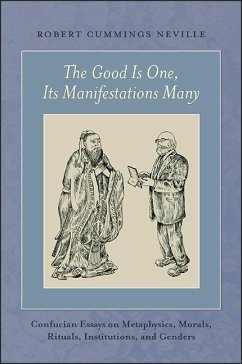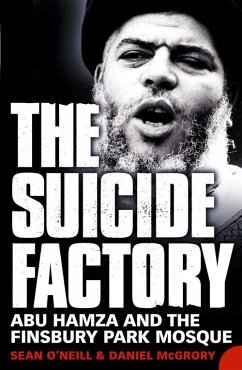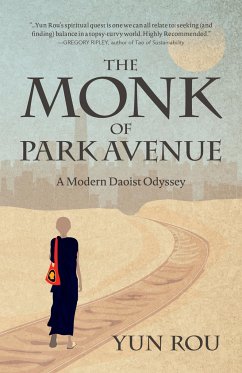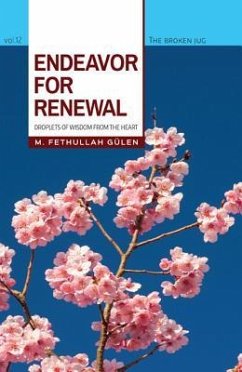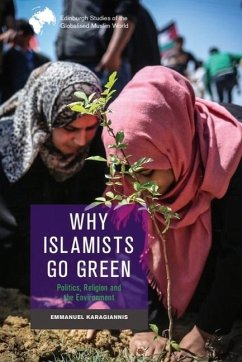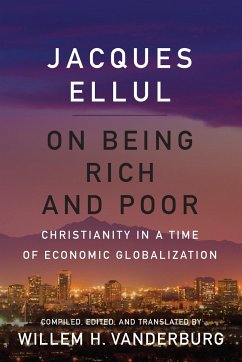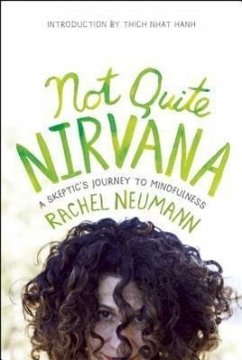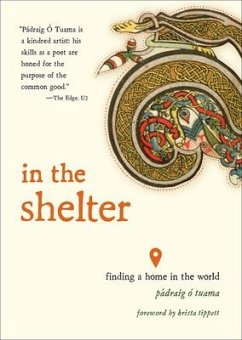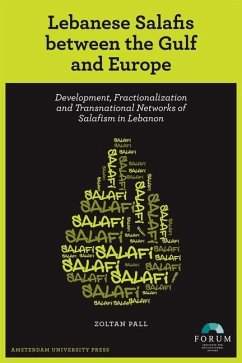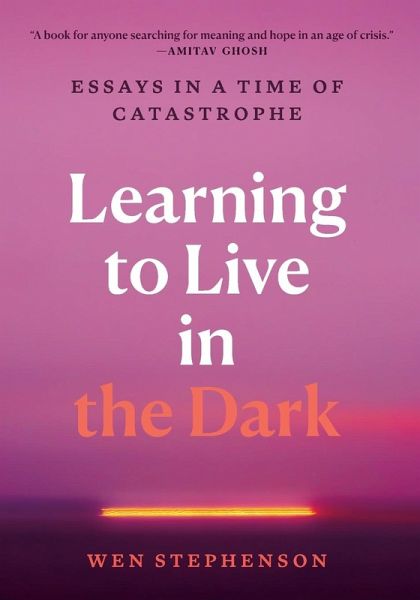
Learning to Live in the Dark
Essays in a Time of Catastrophe
Versandkostenfrei!
Versandfertig in über 4 Wochen
15,99 €
inkl. MwSt.
Weitere Ausgaben:

PAYBACK Punkte
8 °P sammeln!
In these hard-hitting and deeply personal essays, Nation writer and veteran activist Wen Stephenson traces his search for resolve in the face of our converging climate and political catastrophes. After three decades of failed international efforts to avoid catastrophic climate change, progressive visions of a better world are now increasingly circumscribed by ecological and social breakdown. The geophysical forces unleashed by carbon-fueled global heating have converged with forms of political nihilism not seen since the rise of fascism in the 20th century. For many, despair has become the on...
In these hard-hitting and deeply personal essays, Nation writer and veteran activist Wen Stephenson traces his search for resolve in the face of our converging climate and political catastrophes. After three decades of failed international efforts to avoid catastrophic climate change, progressive visions of a better world are now increasingly circumscribed by ecological and social breakdown. The geophysical forces unleashed by carbon-fueled global heating have converged with forms of political nihilism not seen since the rise of fascism in the 20th century. For many, despair has become the only honest response. Faced with the intellectual, moral, and spiritual abyss created by these intersecting crises, Stephenson reaches back to the ideas of mid 20th-century thinkers Hannah Arendt, Simone Weil, Albert Camus, and Frantz Fanon, along with contemporary writers engaged in the climate-justice struggle. Throughout, he poses a question that resonates for many on the left today: If nothing short of revolution can salvage the possibility of a better world, and yet if a viable revolutionary-left politics is nowhere on the horizon, then what does a life of radical commitment look like in the shadow of catastrophes that will not wait? Learning to Live in the Dark answers not with fatalism or any cheap hope, but with something sturdier: a resolve and solidarity as real as the dark itself.




